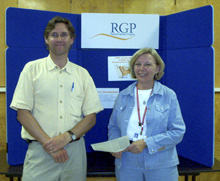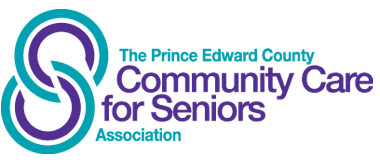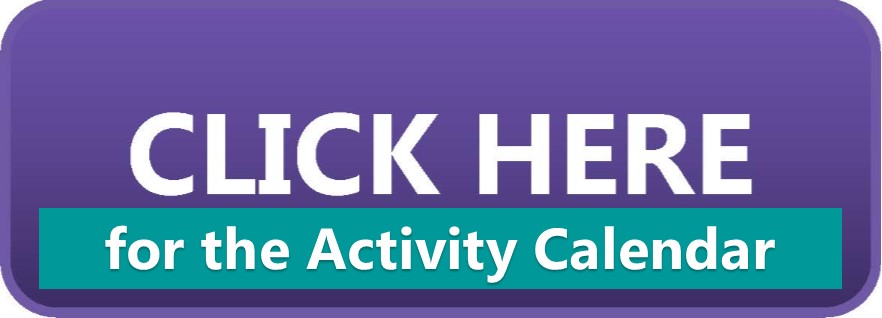"How many people here take more than 3 drugs each day" asked Dr. Chris Frank of the assembled seniors at the "Staying Safe with Drugs" seminar held on June 16th. Glancing around the room at the number of hands in the air, he continued, saying "studies show that taking more than 3 medications put people at more risk. Risks include side-effects, drug interactions, and the chance to make more errors when taking the drugs."

Dr. Chris Frank and Marilyn Gillis RN
In celebration of Seniors Month, the Regional Geriatric Program (RGP), The Prince Edward County Community Care for Seniors Association, and Quinte Healthcare Corporation held the community presentation with the speech being given by Dr. Chris Frank, Geriatric Specialist.
Seniors take an average of 2-3 over the counter products. Many of these can cause problems with unwanted side effects and interactions with prescription medication.
Some herbal products might not be safe and can have significant interactions with prescription medications. According to Dr. Frank, because herbal products are not regulated they may not contain what is advertised.
A hidden problem is how alcohol can affect older adults. The body processes alcohol differently as one ages. For older adults, one drink can cause higher levels of alcohol in the blood and different reactions in the brain. Alcohol can also interfere with prescription or over the counter drugs.
How can seniors stay safe with medications? Dr. Frank had several suggestions for those present. Ask your doctor why you're taking the medication, how and when to take it, what the side effects are and what to do if you get side effects. Also, ask whether the medication is a replacement for another medication. Your pharmacist is a great resource and Dr. Frank suggests it's best to use only one pharmacy and get to know your pharmacist.
Some medications that aren't pills-such as puffers and patches- require special instructions so be sure to ask your doctor or pharmacist. When you get home, make taking medications part of your routine. There are methods to help you sort your pills. Ask your physician or pharmacist.
Dr. Frank strongly suggested that at least once a year every senior should take all of their medications to their doctor to have them reviewed. Remember to take puffers, patches, herbal and over the counter medications, too. Take the original pill bottles along with you.
When seeing a new doctor it is important that you take all your medications along, and once again make sure they are in their original bottles. Dr. Frank says "a list is good but the bottles are better." However, you should also keep a list of medications with you all the time. Dr. Frank stressed that people must not share drugs. Make sure you keep track of refill dates so you don't run out.
After the formal presentation Dr. Frank answered questions. He shared that he spent time in Picton during his residency and loves the Sandbanks and Lake on the Mountain. During refreshments the participants reviewed the display and information pamphlets from the Southeastern Regional Geriatric Program (RGP). For more info call RGP at 1-800-214-5848.




